
From Malaysia’s 25-year-old minister to North Korean defector activists, these people’s stories fascinated Asia in 2018
- Individuals whose unique experiences helped define 2018 look back on a tumultuous year and share their hopes for 2019
Over the past year This Week In Asia has published stories featuring people whose unique experiences reflected the highs and lows of a tumultuous 2018. We caught up with some of these individuals to see how the year turned out for them, and ask about their hopes for 2019.
In their own words, here is a look at the year gone by and what is to come.
Syed Saddiq and Malaysian politics
My ministry does not take the youth or sports elements lightly. We need to strike a balance between both so that we grow as a community. What I want to personally promote is sports for everyone, that includes the elderly as well. We want to be a sporting nation that does not forsake anyone.
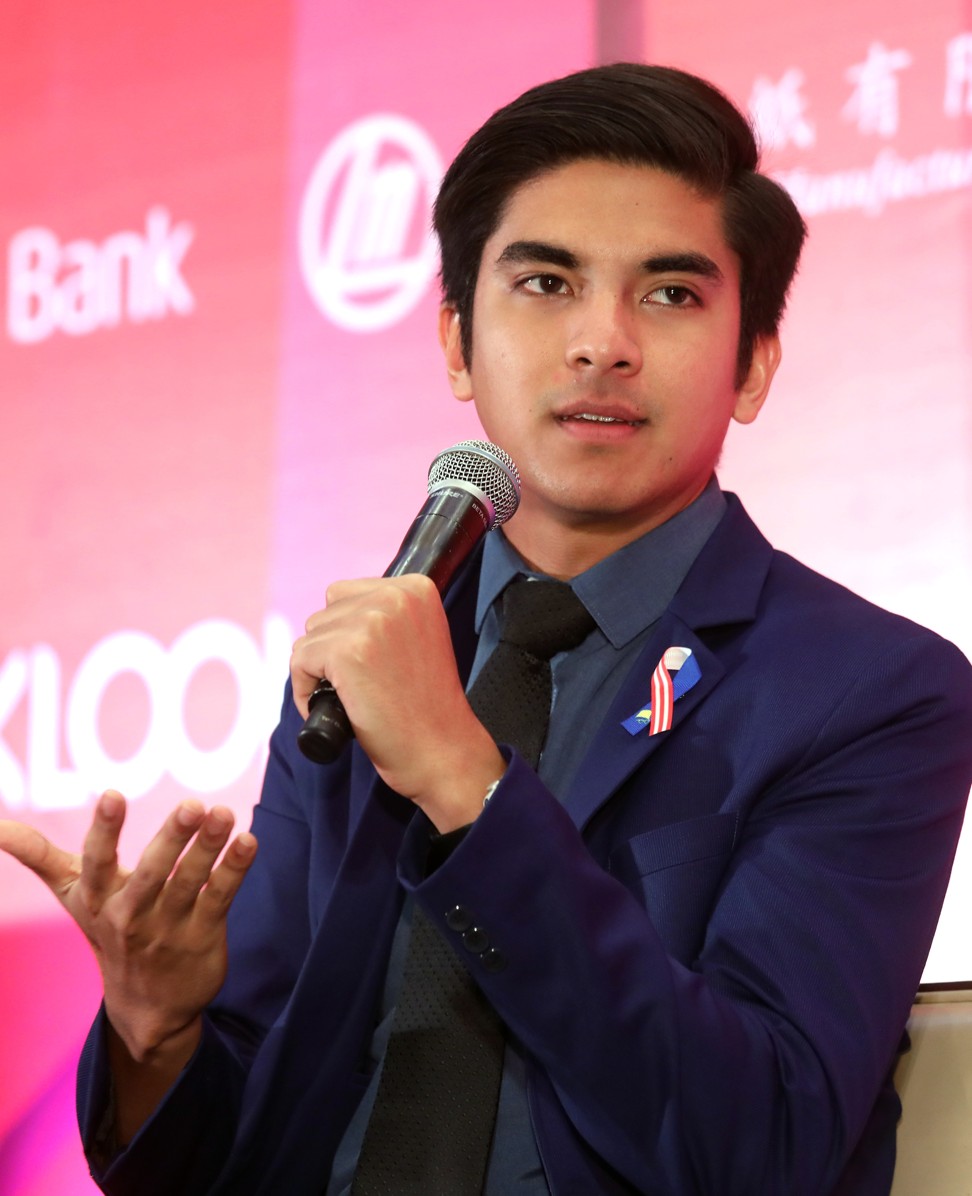
As for the youth agenda, we want to make the young Malaysians independent, business savvy and have critical thinking skills. This would be able to develop new industries as we embark into the IR4.0 that will grow the economy. We are also looking to form the Malaysian Future Leaders School to breed the new era of leaders for the modern age.
The newly revived democracy in Malaysia should always be a reminder that people power the nation. We as leaders should put the interest and needs of the people as priority.
Jung Gwang-il and rapprochement between the two Koreas
North Korean prison camp survivor Jung Gwang-il runs defector-led activist group No Chain for North Korea. Twice a month, defector activists toss bottles containing rice, USB drives and SD cards into the Yellow Sea in the hope that North Koreans on the other side will receive information that sets them free.
“While there was initially great optimism upon meeting President Trump in early 2018, it was quickly followed by disappointment when the issue of North Korean human rights was dropped for consideration during the North Korea-US and inter-Korean summits.
The silver lining of 2018 has been the United Nations’ steadfast acknowledgement of the existence and disappearance of people in political prison camps in North Korea. This has bolstered our efforts to continue encouraging information access in North Korea. Our goal is to provide a more truthful narrative about the world than what is provided by North Korean state-run media and to give hope to North Koreans.
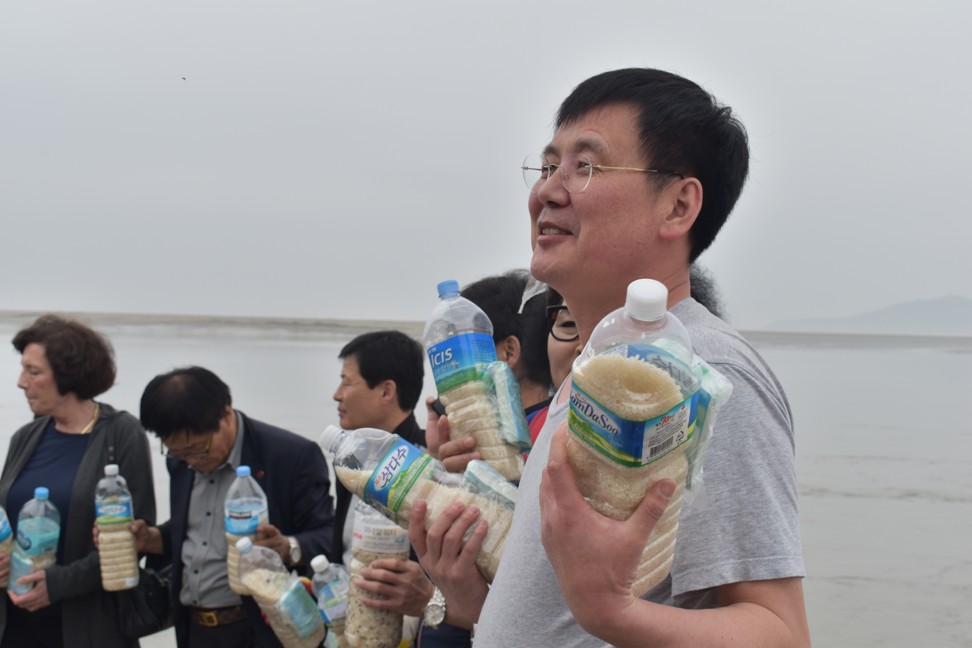
The reality is that North Korean defectors in South Korea often risk their lives to disseminate information into North Korea.
If peace is coming, nobody told North Korean defectors
One of the most critical aspects of disseminating information into North Korea is its role in fanning the fires of dissent. Providing North Koreans with up-to-date and unfiltered information plays a direct role in inciting democracy. Many people have been executed by Kim Jong-un and there appears to be increasing crackdowns on North Koreans accessing outside information.
In 2019, aside from information disseminating campaigns, we aim to put more focus on efforts to dismantle political prison camps in North Korea. While we are disappointed at the missed opportunities to discuss human rights issues on the world stage in 2018, we believe that we can ride the wave of renewed interest in the Korean peninsula to promote human rights in 2019.”
Jalilo Dela Torre and human trafficking
“It was a bumpy year, but I feel gratified and vindicated. I would like to think, though, that I made up for lost time, and will dedicate the rest of my tour of duty to strengthening what I have started and thinking of new initiatives to protect our workers from harm’s way.
Some of this year’s positive changes in the city were the fact that workers are more aware of their rights, and are more assertive, as there are more cases now being brought to our attention.
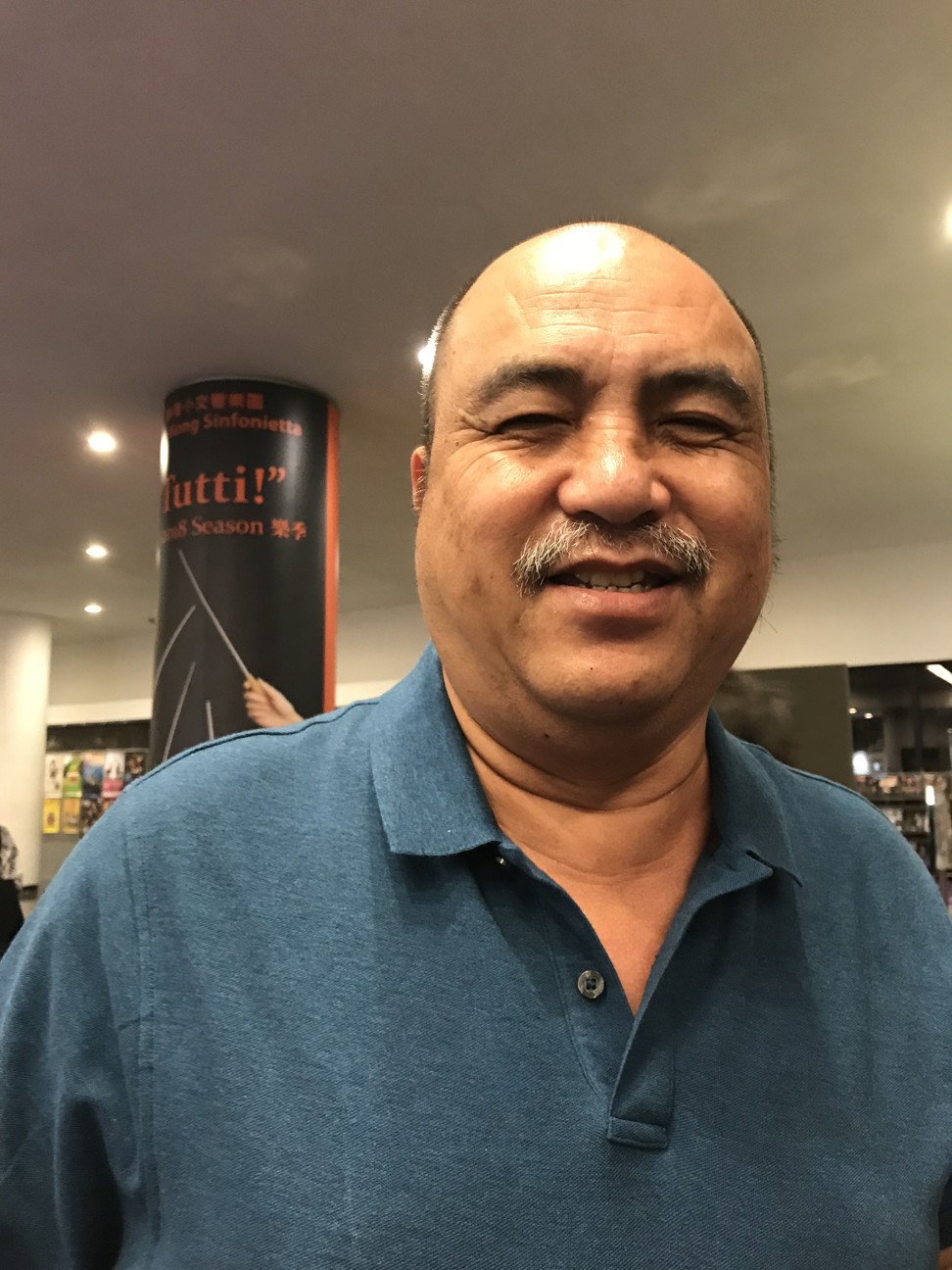
The amended Code of Practice [for employment agencies] and our own internal systems have made agencies more regulated. Our community has also become more wary of scams and cons.
On the negative side, there has been no new initiative to regulate and monitor the working hours and the rest hours of foreign domestic workers. We uncovered evidence that Filipino domestic workers suffer from a high rate of blood sugar, for example, diabetes, and above-normal blood pressure, which could be linked to long and unregulated working hours and lack of sufficient rest, and non-nutritious food provided by the employers or lack of food.
Promise of American dream used to lure Filipinos into hands of human traffickers, Hong Kong labour representative says
Our plans for next year are to adopt technology-driven measures that will strengthen our hand in identifying and penalising abusive employers and agencies; detect new patterns of abuse and negotiate with the host government for better mechanisms for protecting our workers; and roll out new initiatives to safeguard their health and welfare.”
Jean Chong and LGBT rights
“For 2018, there were perhaps two extremes in LGBT rights in Asia. The bright spark is the repeal of Section 377 of the Indian penal code. The Supreme Court unanimously ruled to decriminalise gay sex and wrote a judgment that will influence commonwealth countries that are still holding on to colonial-era laws. The dark end of things is the failure of the same-sex marriage referendum in Taiwan and the anti-LGBT crackdown in Indonesia, a country once considered a moderate or an open space for the advance of LGBT rights.
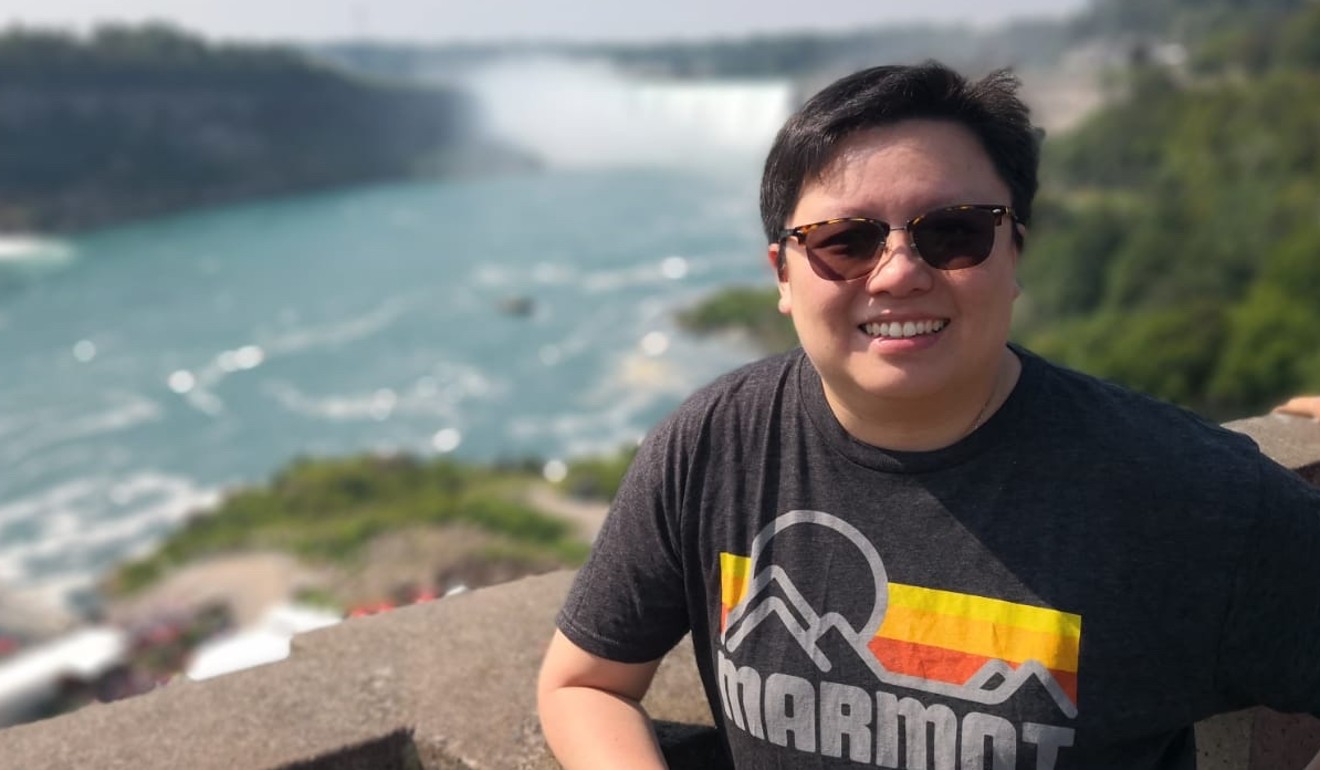
For Singapore, it has been 10 years since Pink Dot and more than 20 years for LGBTQ rights advocacy yet Section 377A still remains on our law books. Although the government claims that 377A is not actively enforced, the law still serves to inform policymaking and promote homophobia in the public sphere. This lethal mix continues to promote all kinds of violence and discrimination against LGBTQ persons in Singapore. While much of the developed world has marched on to protecting the rights of LGBTQ persons, Singapore has remained a backwater of human rights.
In 2019, the places to watch are Thailand for its attempt to enact the Life Partnership Bill that will allow same-sex civil partnerships and Singapore for its activism and constitutional challenge against 377A.
Asia has seen serious setbacks in the past years in democracy and human rights. LGBTQ rights cannot grow in a silo without a solid foundation of civil rights, independent democratic institutions and a strong framework of human rights embedded in the political system. But I remain optimistic for the future. Asian LGBTQ activists across the region are extremely active, determined and creative in their pursuit of justice. The arc of the moral universe might be long but it will certainly bend towards justice.”
Paul Pun and the wealth gap in Macau
“The government’s disaster preventive measures and assistance to alleviate the impact of typhoons; the increase in government’s resources to support services to the elderly; and the land recovery by the government, which has not been properly utilised by the private sector, were among the positive things in 2018.
Macau: the incredible poverty at the heart of world’s richest place
When it comes to negative things, the light railway project delay has affected the progress of public housing and small and medium companies. Moreover, the interests of the overseas workers in Macau have yet to be addressed, such as their medical and other assistance needs.
Looking forward to 2019, we hope that the government can give priority to building infrastructure, which could create long term value for Macau.
We hope that, in the coming year’s policy address, the government can put more focus on addressing the general well-being and health care needs of overseas workers. The government should also launch a comprehensive plan to strengthen community-based caring services for vulnerable individuals and families.
At Caritas Macau, we are planning to establish a central kitchen and a clinic for overseas workers in Macau.”
Mark Hyman and Chinese baseball
Mark Hyman is a professor of sports management at George Washington University in Washington and co-director of The Great China Baseball Hunt. The documentary tells the story of the search for baseball’s Yao Ming and the revival of a sport that fell out of favour during China’s Cultural Revolution.
“In August, about 12 young, eager baseball fans arrived at a minor league ballpark in the small town of Aberdeen, Maryland in the United States. They came in their blue-and-white team uniforms to watch a baseball game and to meet their baseball hero. All that is common in the US, where millions of children play baseball and worship star players. But this was very different. The youth players were Chinese boys ages 9 to 12 visiting from Shenzhen, members of the Bluesox Academy baseball school.
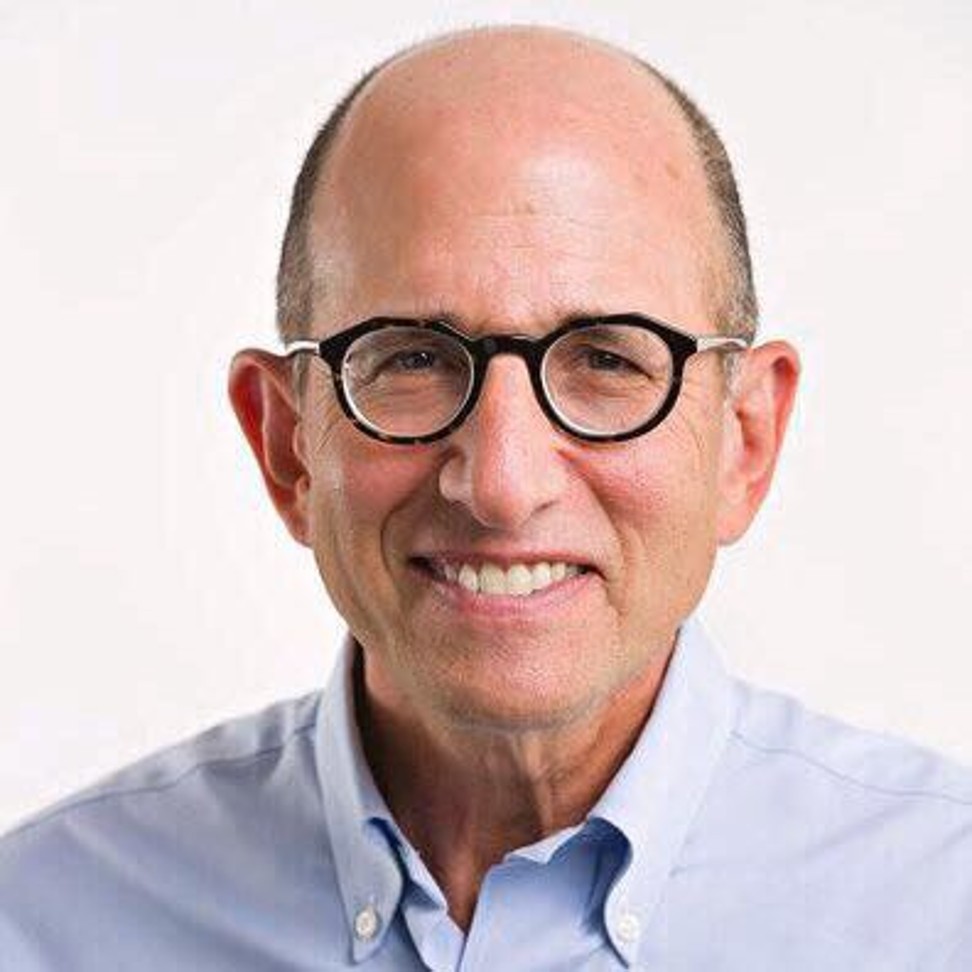
Their hero, Xu Guiyuan, the first Chinese-born player trained at Major League Baseball Development Centres in China to play professional baseball in the US, also is from Shenzhen. Is baseball catching on in China? On that warm day in Aberdeen, it certainly seemed so. Scenes from this day are likely to be included in our documentary-in-progress The Great China Baseball Hunt, about MLB’s decade-long quest to develop a big-leaguer from China. There are now five Chinese players from Development Centres in China playing in the US professional minor leagues. Just three years ago, Xu was the only one. It’s very unlikely that 2019 will see the first Chinese player in the Major Leagues. But that day is undoubtedly coming.”
Additional reporting by Raquel Carvalho

